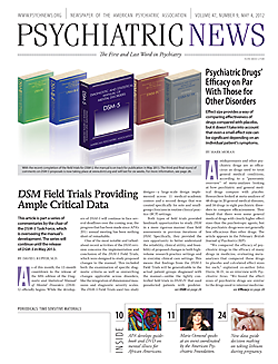Obesity during pregnancy may be a risk factor for autism, research reported April 9 in Pediatrics suggests.
Irva Hertz-Picciotto, Ph.D., of the University of California, Davis, and her colleagues enrolled 1,004 children aged 2 to 5 in their study from 2003 to 2010. All were born in California and had parents who spoke English or Spanish.
Of the children, 517 had an autism spectrum disorder (ASD), 172 had developmental delays, and 315 did not have one of these disorders.
The researchers then conducted structured phone interviews with the children’s mothers to learn whether the mothers had experienced any of three related metabolic conditions during pregnancy—high blood pressure, diabetes, or obesity. Also, more than half the mothers gave the researchers permission to review their medical records.
The researchers then looked for associations between the metabolic health of the mothers during pregnancy and the outcome of their children regarding developmental delays and ASDs, while taking sociodemographic variables and other characteristics, such as the mother’s age at delivery and insurance coverage, into consideration. The researchers did not address the women’s diets or other habits during pregnancy that might have influenced fetal development.
No statistically significant link could be found between high blood pressure during pregnancy and offspring having either an ASD or a developmental delay. However, high blood pressure was more common among mothers of children with developmental delays or an ASD. Moreover, mothers who had had diabetes during pregnancy were twice as likely to have a child with a developmental delay as were mothers who had not had diabetes.
Also, a significant link was found between obesity during pregnancy and the risk of having a child with a developmental delay or an ASD when mothers were obese. Women who were obese during pregnancy were 67 percent more likely than normal-weight women to have children with autism, and these mothers also faced double the risk of having children with developmental delays.
“The prevalence of obesity and diabetes [in women] of childbearing age is 34 percent and 8.7 percent, respectively,” the researchers noted. “Our findings raise concerns that these maternal conditions may be associated with neurodevelopmental problems in children and therefore could have serious public health implications.”
“The results of this study suggest that maternal metabolic conditions such as diabetes, hypertension, and obesity are associated with an increased incidence of neurodevelopmental disorders in children, including autism,” child psychiatrist David Fassler, M.D., a clinical professor of psychiatry at the University of Vermont and APA treasurer, told Psychiatric News.
“While the study was not designed to demonstrate causality, the authors offer several intriguing hypotheses to explain their findings, including the possible effects of fetal hypoxia, iron deficiency, and/or increased exposure to maternal glucose leading to fetal hyperinsulinemia,” he said. “I would concur with their conclusion that the observed association with an increased risk of neurodevelopmental disorders raises significant public-health concerns and warrants further investigation.”
The study was funded by the National Institutes of Health, the Environmental Protection Agency, and the MIND Institute of the University of California, Davis.

